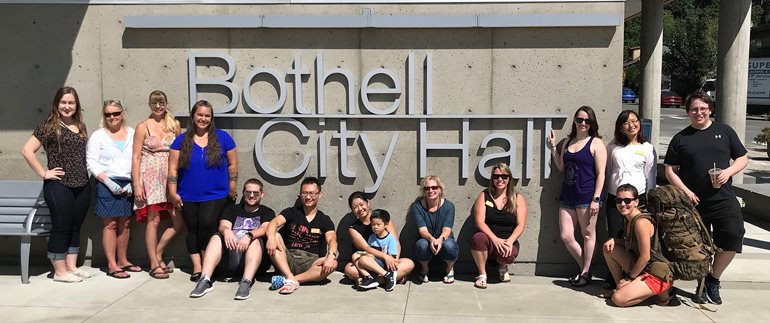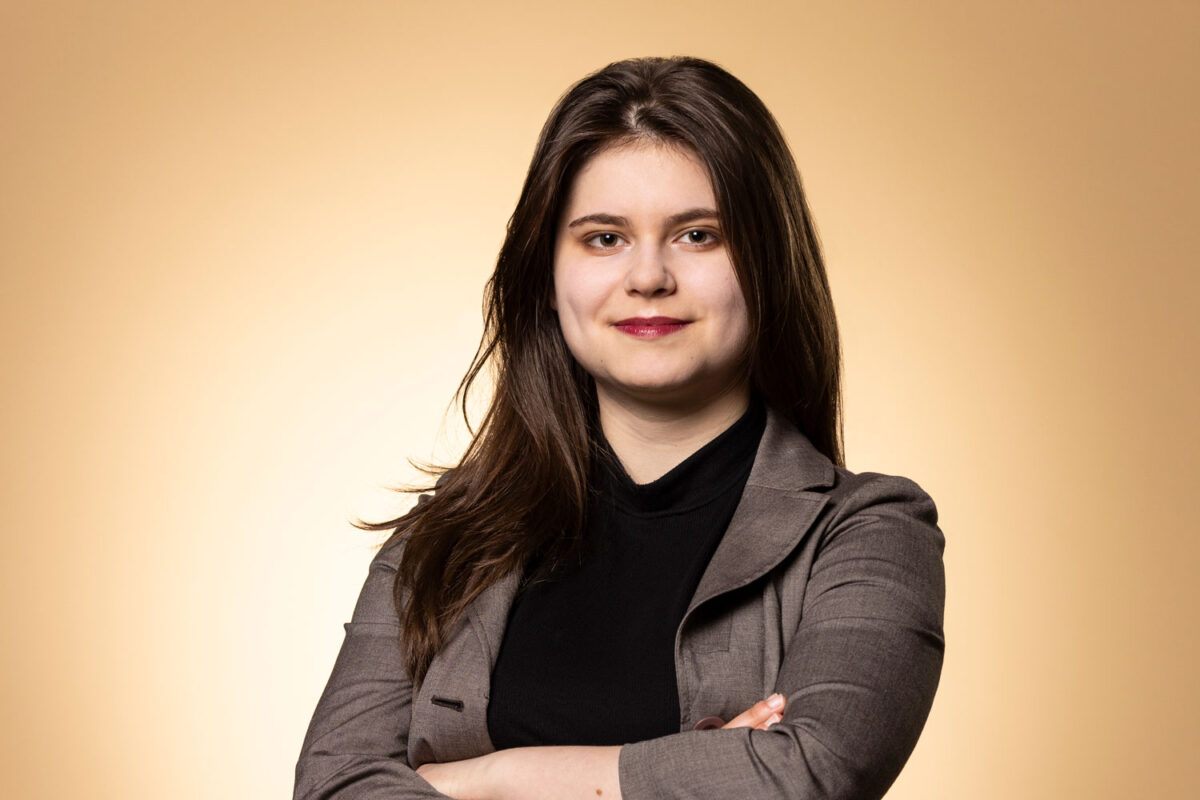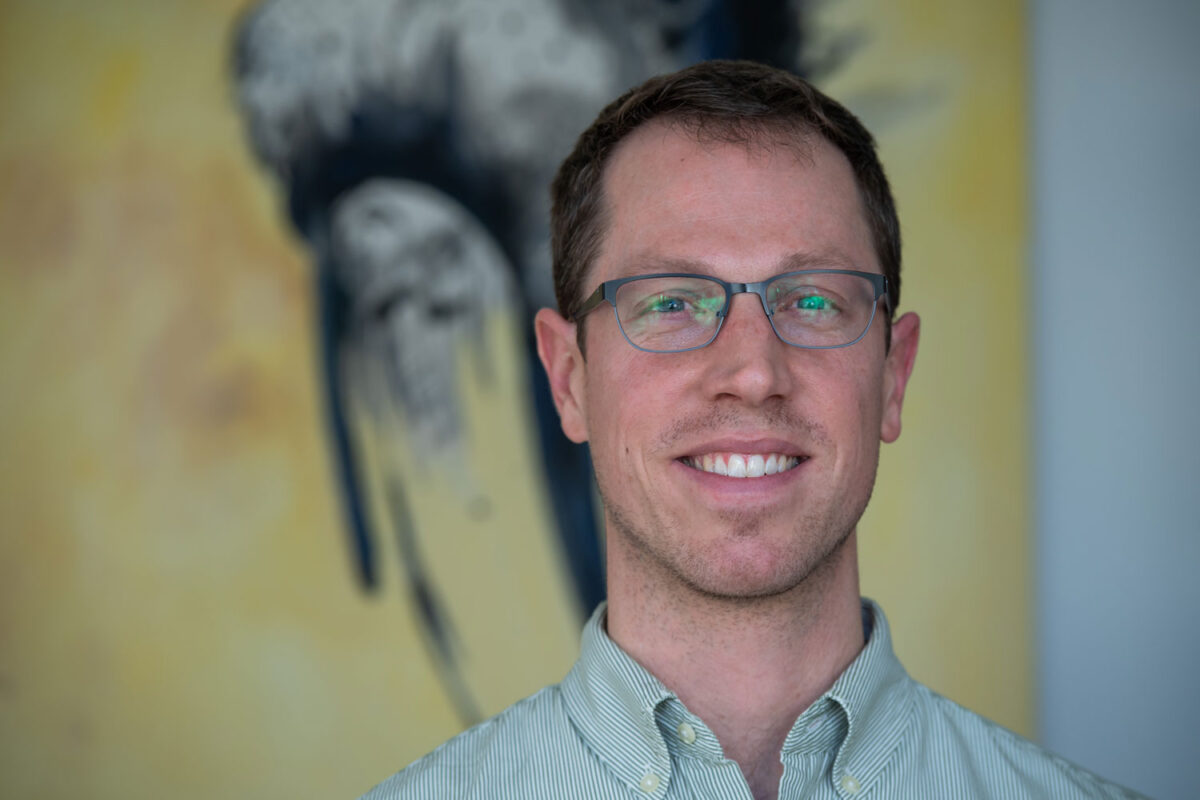By Douglas Esser
Like many people in the Puget Sound region, Catherine Nolan was shaken awake just before 3 a.m. July 12 by a magnitude 4.6 earthquake. The U.S. Geological Survey reported no injuries or damage. It was, however, a 3 a.m. wake-up call about “the big one” that experts say is just a matter of time.
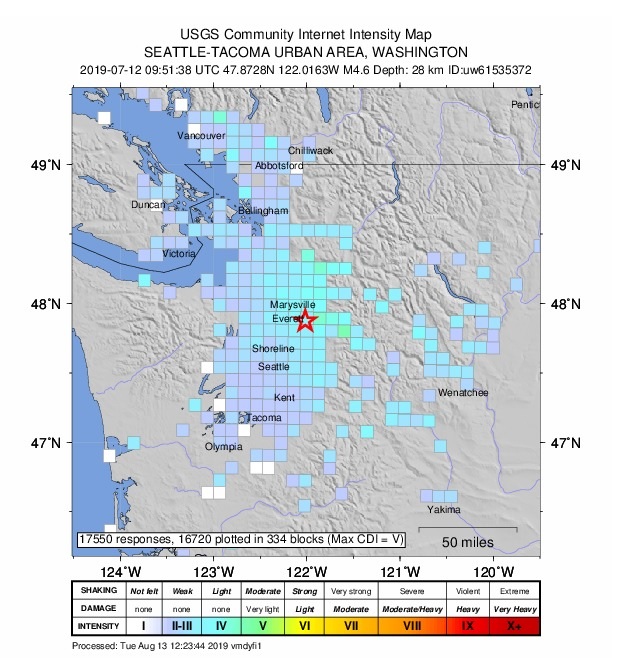
As a result, Nolan and her husband accelerated plans to prepare their disaster kit. They stockpiled food, water and other supplies. They also bought a tent and a carrier for their dog so they can grab-and-go if they must evacuate.
“It definitely lit a fire,” said Nolan, who found it ironic she happened to be taking a class at the University of Washington Bothell that was discussing disaster preparedness. “The earthquake made it more real.”
The class was a community health nursing course in the School of Nursing & Health Studies for which students conducted a disaster preparedness survey for the city of Bothell.
Preparedness survey
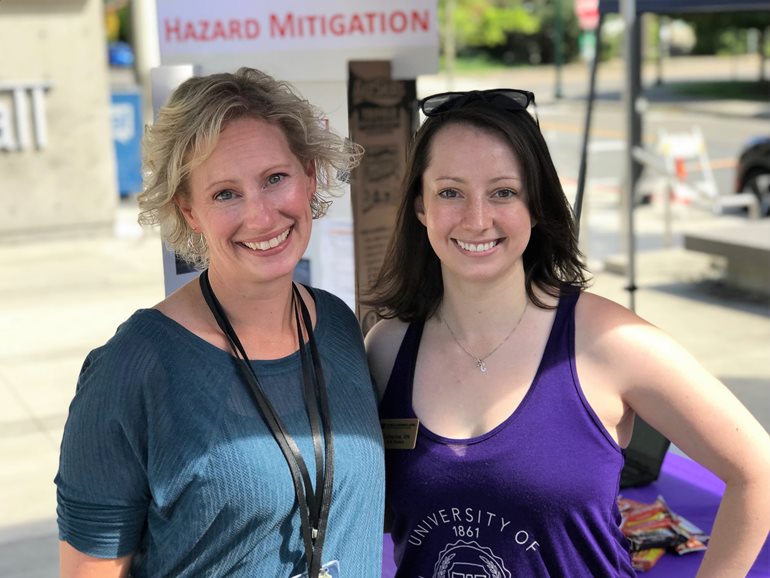
As part of their outreach, students asked residents if they were ready for a devastating quake, windstorm, snowstorm or extended power outage: Do you have a three-day supply of water and food? First-aid kit? CPR training? Where would you go if you needed assistance?
Starting more than a year ago, students carried out the survey over several quarters of the Population-Based Health in Community Practice courses taught by Lecturer Karen Bowman and Senior Lecturer Annie Bruck. The faculty worked closely on the project with Jennifer Warmke, the city of Bothell emergency preparedness manager.
Completed this summer, the survey found, among other things, that a number of Bothell residents still don’t use cell phones or social media. They prefer to receive information in print form.
“This finding,” said Warmke, “will help us send out information via a mailer and in local print media.”
The survey results also prompted the students to create a disaster preparedness display for the public. The pop-up shared information Aug. 13 at the City Hall plaza.
Knock-knock
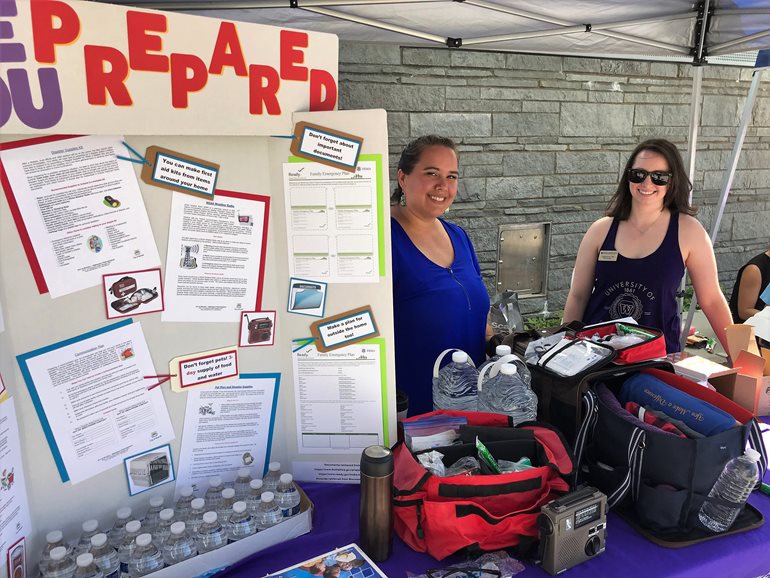
Wearing UW Bothell ID badges, students knocked on doors in all 17 zones designated by the city’s Emergency Preparedness Department and tried to survey residents, many of whom were wary of solicitors.
Students asked residents to respond to 25 questions. It was a version of the Community Assessment for Public Health Emergency Response (CASPER) devised by the Centers for Disease Control and Prevention. The survey was modified to assess needs before a disaster occurs.
The CASPER toolkit includes standard questions and methodology. For a random sample, students called at every seventh home in the specified zone.
Warmke provided pamphlets students could distribute as well. So, they weren’t only conducting a survey; they also were providing information and directing residents to the city’s website.
Nurses for community health
Nolan took the course as a requirement for the Master of Nursing program she is starting. Most of the other students in the course are registered nurses (RNs) who are completing their Bachelor of Science in Nursing (BSN) and graduating this summer in the RN to BSN program.
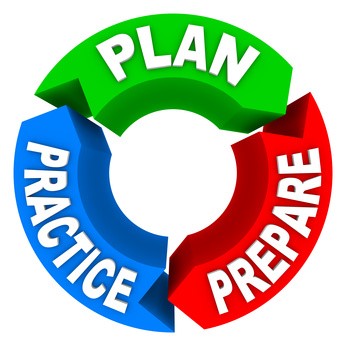
The field work gave Nolan a new perspective. Now a nurse who attends children in a surgical unit of a Seattle hospital, the last time she went from door to door was when she was a child selling Girl Scout cookies.
Students saw health in a different context — people in their community instead of a hospital. Bruck said they also saw how a city government, represented by Warmke, promotes the safety and well-being of the community.
“Going out and doing the survey, you see people where they live,” Bruck said. “There’s a huge value in seeing this larger system.”
Warmke said the city-UW Bothell partnership is valuable to both sides.
“Not only do the students get to talk to people, but they also get to see how disasters and emergencies affect people differently,” she said. “As a city, it helps us to identify ways of communicating with people to ensure our message of preparedness is received — and helps us identify vulnerable populations that we might not have known about.
“The value is actually quite immeasurable when it comes to preparedness, relaying a message and encompassing whole-community safety.”
Survey complete, Warmke is looking for other possible projects with UW Bothell in the future.
